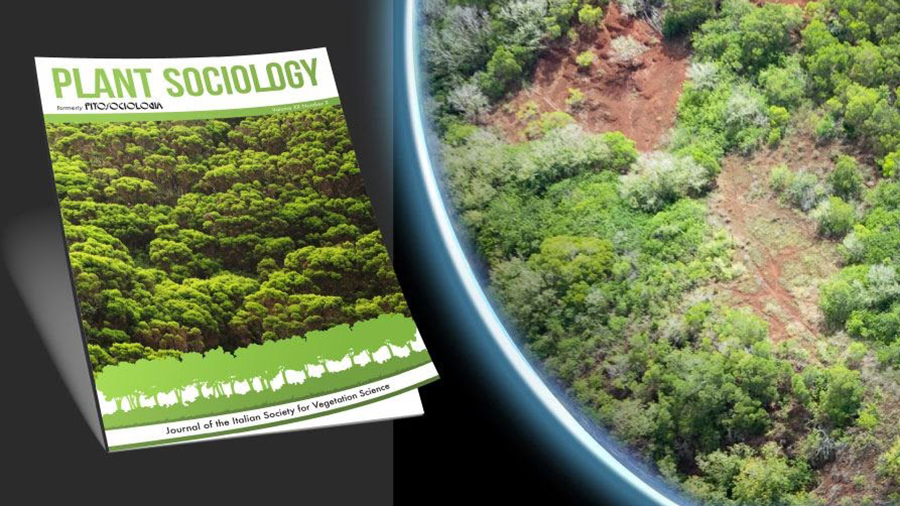The journal of the Italian Society of Vegetation Science (SISV), known as Plant Sociology from 2012 to 2024, has changed its name to Vegetation Ecology and Diversity and launched a new website.
This change, approved by the SIVS plenary assembly in November 2024, reflects the journal’s mission to encompass a broader spectrum of research articles and better represent the dynamic and interdisciplinary field of vegetation science.
In addition to the name change, the journal has implemented a refreshed Editorial Board, new Topical Collections, and initiatives to support young researchers. Gianmaria Bonari is welcomed as the journal’s new Editor-in-Chief, succeeding the esteemed Daniela Gigante, who served in the role from January 2019 to February 2024.

For members of the SISV, new publication fee discounts have been introduced. These initiatives aim to foster inclusive participation in vegetation science, particularly for students and researchers with limited financial resources.
A complete publication fee waiver is now available for young member researchers who have conducted their research without external funding, while those with partial external funding can benefit from a 10% APC discount.

Finally, a new social media team of Giovanni Rivieccio and Michele Mugnai will be managing the journal’s Facebook and Bluesky pages, bringing fresh ideas and dynamic content.
An Editorial published on the new journal website provides more information on the changes made, including short bios of the new Editorial Board members and descriptions of the new Topical Collections.
Statement from the Editor-in-Chief Gianmaria Bonari:
“It is a privilege to lead Vegetation Ecology and Diversity as we embark on this transformative journey. Our new name signifies our dedication to embracing the full breadth of vegetation science. With the introduction of new Topical Collections and initiatives to support young researchers, we aim to foster a collaborative and inclusive environment for vegetation scientists. I encourage researchers to engage with our journal and contribute to advancing the open-access society-owned journal Vegetation Ecology and Diversity.”
Statement from the President of the Italian Society of Vegetation Science (SISV), Simonetta Bagella:
“The rebranding of our journal to Vegetation Ecology and Diversity marks a significant milestone for the SISV. This change, approved by our members, aligns with our mission to expand the journal’s scope and enhance its international impact. We are particularly proud of the new initiatives to support young researchers, including publication fee waivers and discounts, which underscore our dedication to inclusivity and the advancement of emerging scientists in vegetation science. We also express our gratitude to Daniela Gigante for her leadership and warmly welcome Gianmaria Bonari as he guides the journal into this exciting new era.”



